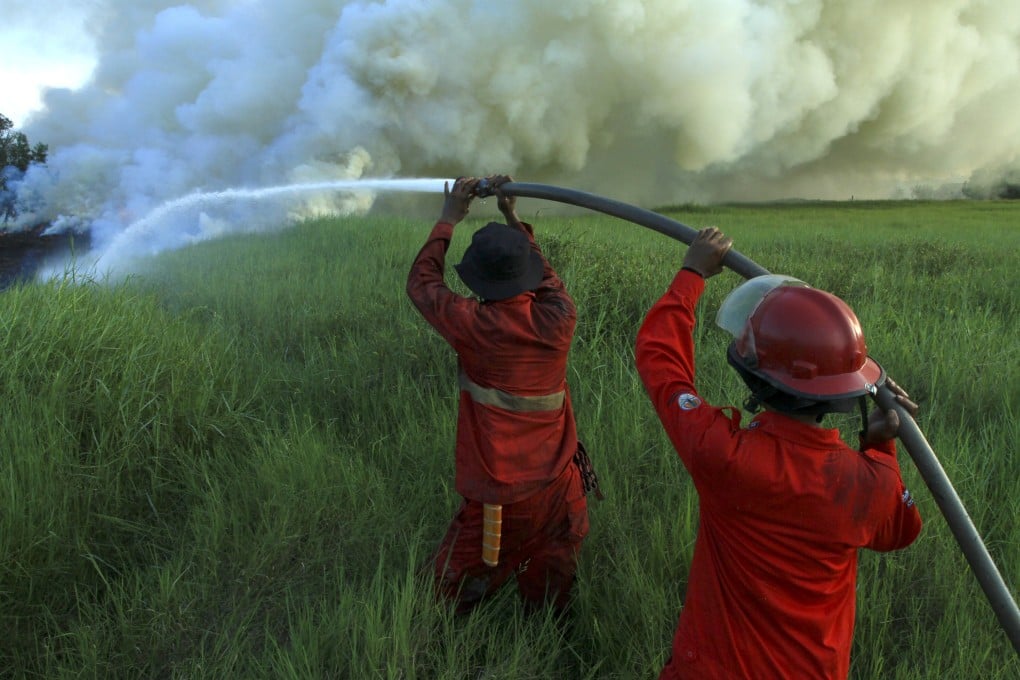Advertisement
Eye On Asia | Amid economic slowdown, green bonds can help Southeast Asia stay on road to net zero in climate fight
- The trillions needed just to shore up infrastructure against climate change will be very hard to find from government budgets alone
- Green bonds can do more than boost climate funding, they can also drive regional economic development
Reading Time:3 minutes
Why you can trust SCMP
1

Tackling climate change will be the greatest challenge for governments in the 21st century. A colossal US$275 trillion in cumulative spending is needed between 2021 and 2050, according to McKinsey, which translates into US$9.2 trillion a year. Meanwhile, new sovereign borrowing is expected to exceed US$10 trillion this year due to the global economic slowdown.
Advertisement
A large portion of bonds will have to come in the form of green bonds for the world to achieve the net zero emissions envisioned in the Paris climate agreement. As governments and companies race to borrow money, offering green bonds is an attractive option – 85 per cent of investors considered environmental, social and corporate governance (ESG) factors in 2020.
A green bond (sometimes also known as a climate bond) is a fixed-income financial instrument designed to support green projects. There is a lot of interest in Southeast Asia, with Singapore planning to issue S$35 billion (US$25 billion) in green bonds by 2030, which will be supported by the government’s move to establish a green taxonomy like the European Union has.
A green taxonomy lays out guidelines for investors to identify environmentally sustainable investment opportunities. Singapore wants to focus more on the three sectors most important for greenhouse gas emissions – energy, transport and real estate.
Southeast Asia is estimated to need US$2 trillion in infrastructure investment over the next decade for its transition to net-zero greenhouse gas emissions. This is almost two-thirds of Asean’s combined gross domestic product and can be tough to claw out of government revenue. Many of the economies of the Association of Southeast Asian Nations are already slowing.
But meeting net zero targets is of utmost need to save our habitat from irreversible damage. Issuing green bonds can be a good way to raise money for governments in Southeast Asia.

Advertisement

